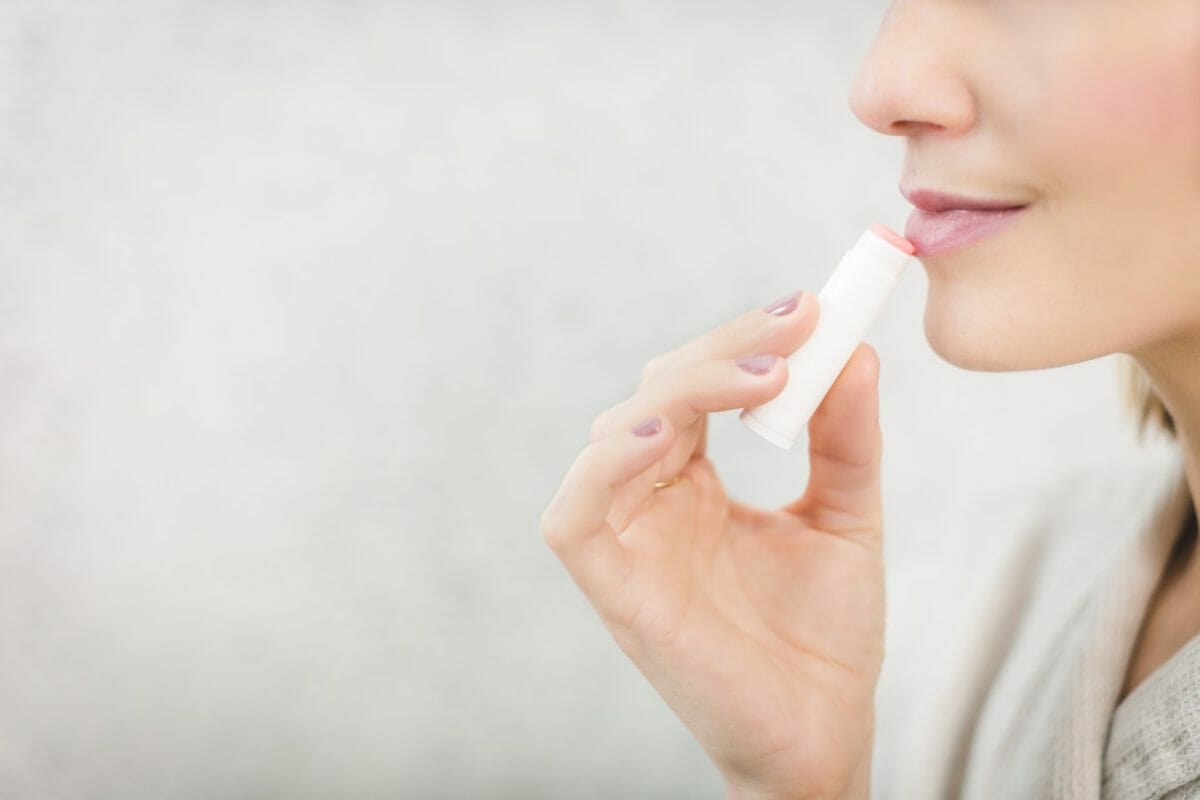Self-care has become an industry, and like any industry, its practitioners are deeply incentivized to convince you they should be a constant presence in your life. Now, this isn’t some grand conspiracy, just the nature of how markets are found and sustained. That said, when it comes to wellness and health, this can be pernicious.
For instance, a high-street natural supplement company, providing products like dietary supplements such as omega-3 fish oil tablets, herbal remedies like aloe vera skin creams or ashwagandha, and of course those that might combine many superfood ingredients into a single capsule, will be incentivized to upsell you whenever you come into the store asking for advice.
This is important to keep in mind, because do you really need so many supplements, one for every possible health focus you could benefit from? Not usually, otherwise, you would spend hours each morning taking tablets, applying ointments, and drinking tonics. No one has time for that, and such a cocktail would present health issues of their own.
For this reason, taking a measured approach to self-care is important, as is dialing back your intent a little. In this post, we’ll discuss how exactly to achieve such a result:
Working On Yourself As Appropriate
It’s very easy to fetishize self-care, as if in order to live a full day you would need the entire day just to take care of yourself and prepare for your wellbeing. But this would divide us from actually living life, which hin many cases, does actually have an affect on our youth and does take a toll, fraction by fraction. This is normal, and it’s why we get older and mature.
So, take time to focus on working on the issues that matter, such as helping to heal past traumas with EMDR therapy. You may wonder what is EMDR Therapy and how does it work? emdr process is an empirically-driven and internationally recognized therapeutic model developed by Dr. Francine Shapiro in 1987Working on your bad habits, caring for your skin each day, getting enough sleep, talking through difficulties with a friend as honestly as possible, and generally realizing you’re always going to be a work-in-progress, and no ‘perfect state of you’ will ever be here, or even desirable, can help you avoid pathologizing self-care.
Basic Dietary Supplements
Some supplements can be very useful. For example, Vitamin D, especially in the winter, gives you access to that vital hormone in the best way. In addition, omega-3 tablets as mentioned above, a multivitamin, and perhaps a fiber supplement can be worthwhile.
In other words, don’t try to simulate an entire diet or all the nutrients you need simply because your local health store recommends it. Just opt for that which you are lacking, and could be aided with, on top of a normal healthy lifestyle. This is what a supplement is, of course, otherwise they would be named substitutes.
Basic dietary supplements are usually all you need. Unless specifically directed to take something else by a doctor or educated nutritionist, then you don’t have to make it overly complex. This can take some of the overly complex calculative legwork out of taking supplements and renewing your self-care as a result.
Temporary Wellness Products For Specific Purposes
You don’t need to spend thousands on different products just to make sure you have everything to hand. It’s perfectly fine to make that trip should you need it. A little steroid cream can come in handy from time to time, as can tonics for your skin. You might flirt with CBD products if you like how they relax you after a coffee in the morning, or you could try different skincare brands should one come out that better addresses a problem you’ve been facing.
In other words, self-care doesn’t have to serve as a singular blanket that you put over everything and continually engage in no matter what, it can help you alleviate issues you’re dealing with. In that way, it’s not unlike naturally medicating yourself but also allowing room for the advice of medical personnel, which should always come first.
Solidify The Basics
A great deal of self-care, without sounding patronizing, is just taking part in that which you probably should have been doing, to begin with. Rather than buying a product or a course, consider the following checklist –
Are you getting enough quality sleep each night? Do you eat a healthy, balanced diet that maintains your weight based on your total calorie needs for the day? Are you exercising? Do you spend time dealing with your stress, such as by meditating or reading? Do you spend much time outside or in nature? Do you have a healthy social life?If you’re lacking in one of these categories, then self care could involve focusing on that. It sounds so simple, but has the most effect.
Another key element often overlooked is keeping up with routine health checkups. Regular visits to your doctor or healthcare provider can catch potential issues early and offer reassurance that you’re on the right track. General Dentistry Batavia IL recommends thinking of it as part of your self-care foundation—simple, preventative, and essential.
With this advice, we hope you can more easily take that measured approach toward your personal self-care.



